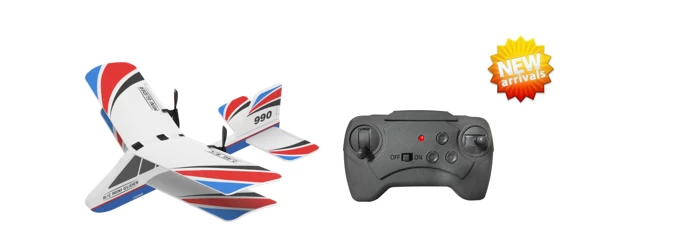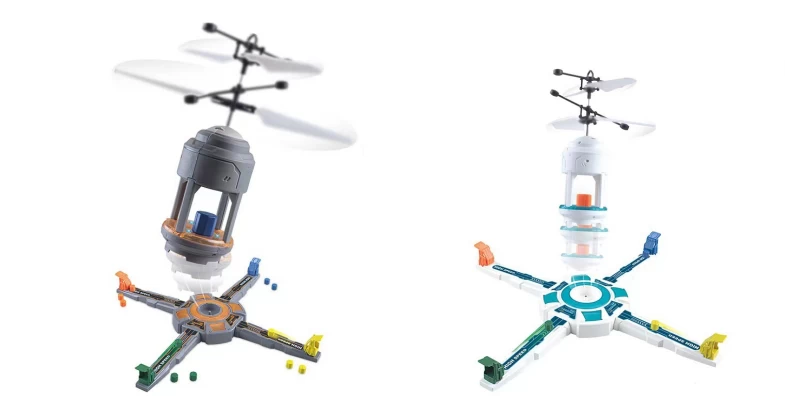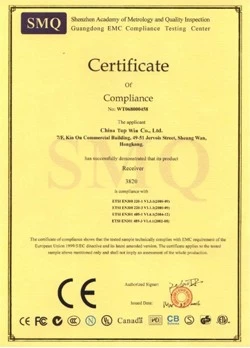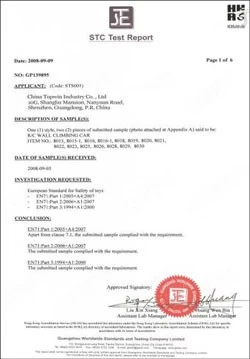NASA releases space sound: Thunder flashes from Jupiter
chinatopwin
chinatopwin
2017-11-01 09:23:59
Reference News Network October 30th, British media reported that the U.S. National Aeronautics
and Space Administration (NASA) released a set of thrilling space "voice" highlights, so that the
radio radiation mechanism of spacecraft captured in the solar system throughout the trip won the
"vitality".
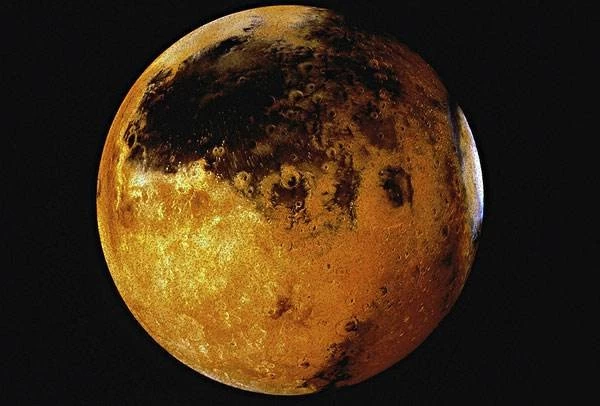
According to the British Daily Mail website reported on June 28 > 10, this group of the German

According to the British Daily Mail website reported on June 28 > 10, this group of the German
"sound cloud" website a new playlist share voice collection, ranging from Jupiter lightning flash
rumbling trembling voice to the stars and other strange roar sound. For these elusive "voice"
Zhenrong, scientists the radio signals collected from various space missions transformed into
sound waves.
Reported that the collection includes 22 "space voice" fragments, they provide a planet in the
Reported that the collection includes 22 "space voice" fragments, they provide a planet in the
solar system and other mysterious celestial shocking new perspective.NASA said: "in the
process to the depths of the universe, the brave spacecraft roaming in the blue sky,
photographed image wonders of space. Some spacecraft. The instrument can capture radio
signal. The scientists put these signals into sound, sounds horrible"
Reported that the play list includes "Juno" Jupiter probe captured Jupiter in June 24th last
Reported that the play list includes "Juno" Jupiter probe captured Jupiter in June 24th last
year through the magnetic field boundary when a voice, then Juno recorded it with the bow
shock in two hours. The strange encounter directory also contains the plasma wave such as
ripples through the space generated waves roar like this is the wave, electric field and
magnetic field measurement instrument assembly NASA Van Allen on the detector (EMFISIS)
captured.
The catalogue also contains a lot of samples of Saturn's radio radiation, which were collected by
The catalogue also contains a lot of samples of Saturn's radio radiation, which were collected by
Cassini spacecraft, which NASA has now finished its mission






